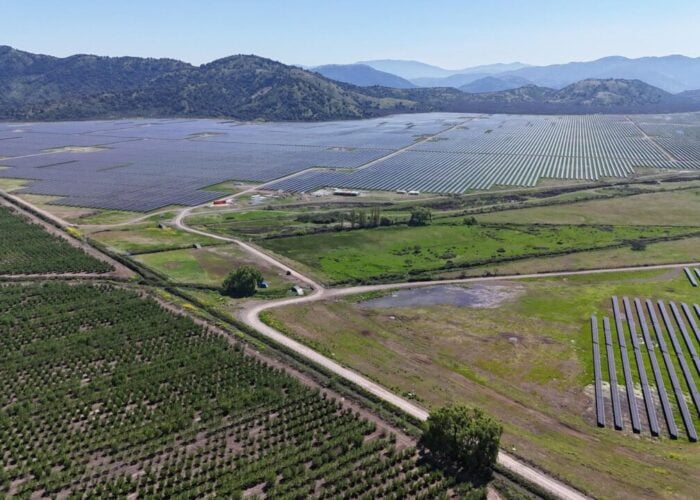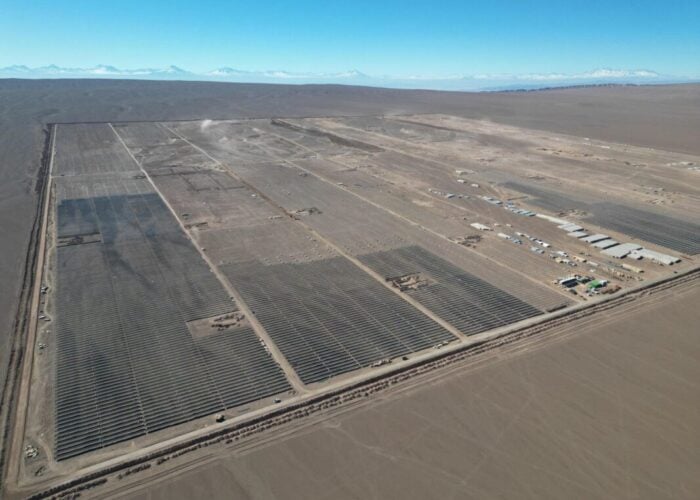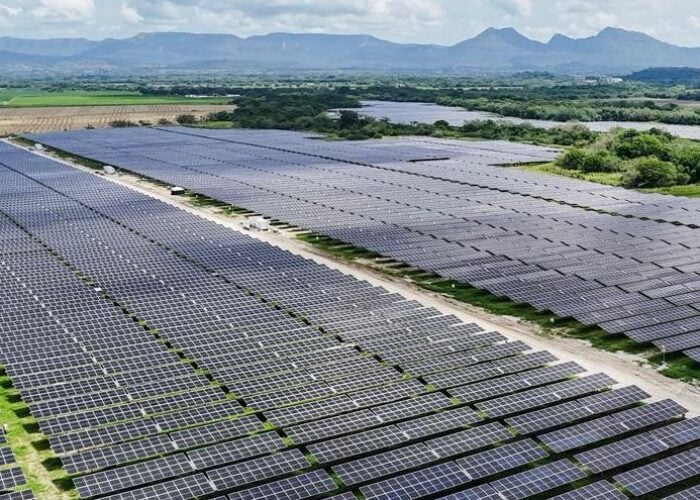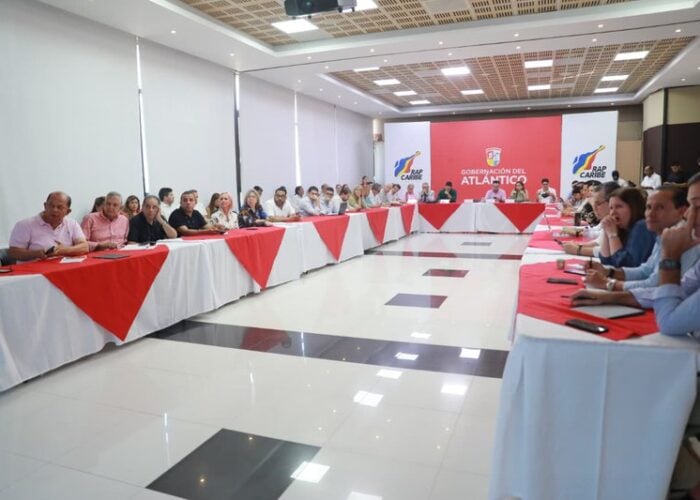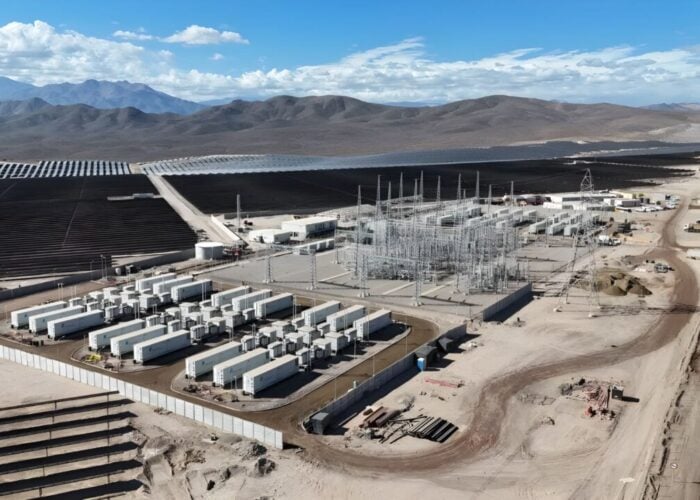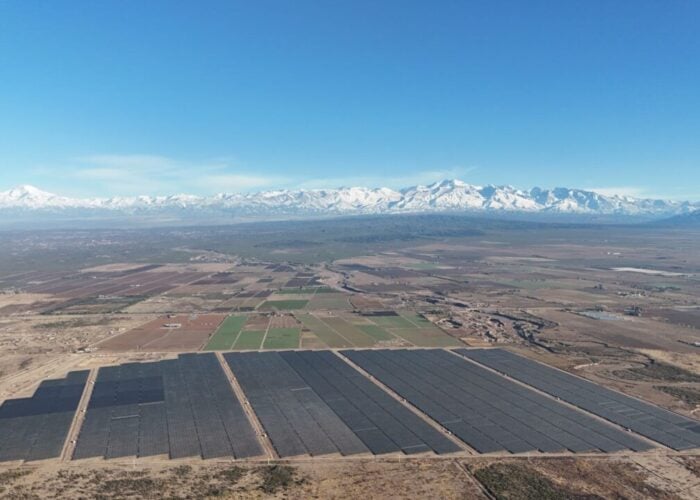
PV car parks, solar heaters and distributed generation are set to become more of a fixture in Mexico City under a new scheme, unveiled over the weekend.
The ‘Solar City’ programme launched by governor Claudia Sheinbaum will seek over the next five years to install 350MW of PV in the 8.9-million inhabitant megacity, one of the world’s largest.
Try Premium for just $1
- Full premium access for the first month at only $1
- Converts to an annual rate after 30 days unless cancelled
- Cancel anytime during the trial period
Premium Benefits
- Expert industry analysis and interviews
- Digital access to PV Tech Power journal
- Exclusive event discounts
Or get the full Premium subscription right away
Or continue reading this article for free
Together with fellow development financiers IADB and NAFIN, the World Bank will fund most of the MXN7.929 billion (US$415.2 million) programme, while Mexico City will contribute a small share.
Between 2019 and 2024, the pot will support the roll-out of 150MW of PV projects of 500kWp or more. Chief amongst them will be a 25MW car park rooftop at 810-acre market Central de Abastos and a 4MW, full PV reconversion of Mexico City’s light railway.
This will come alongside a 200MW push for projects under the 500kWp threshold. This second group includes solar heaters across 153,000-plus homes and businesses, ~40kWP systems for government buildings and a PV-powered electrification of the city’s maize mills, hotels and dry cleaners, among others.
“We’re talking here of a very ambitious goal: slashing Mexico City’s CO2 emissions by around two million tonnes,” said city governor Sheinbaum, a former environmental engineer and IPCC author elected to her post last July.
Her promotion of solar comes as policies from Mexico president Andrés Manuel López Obrador – who like Sheinbaum hails from left-wing party MORENA – cast a pall over the nation-wide industry.
Large-scale developed buoyed by energy market reforms from López Obrador’s predecessors have faced obstacles under the new administration, including the postponement of auctions and a potential tearing-up of PPAs signed years ago with state utility CFE.

